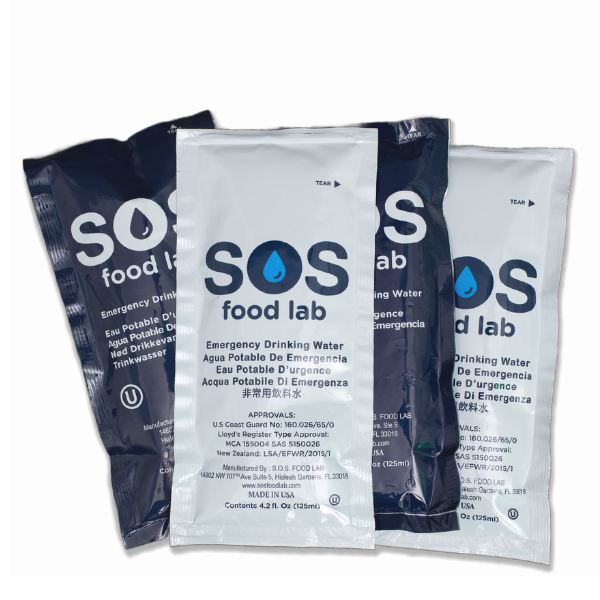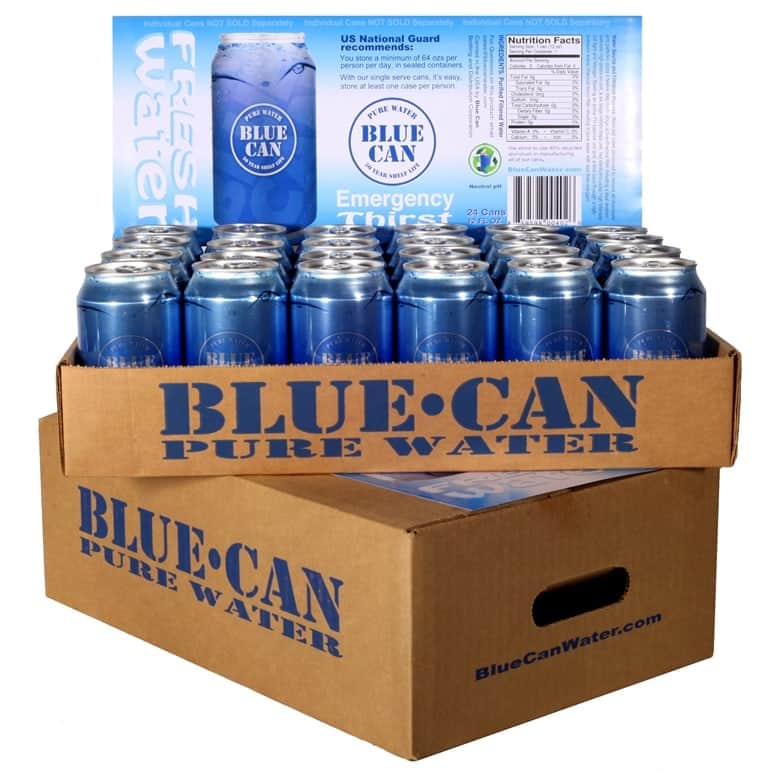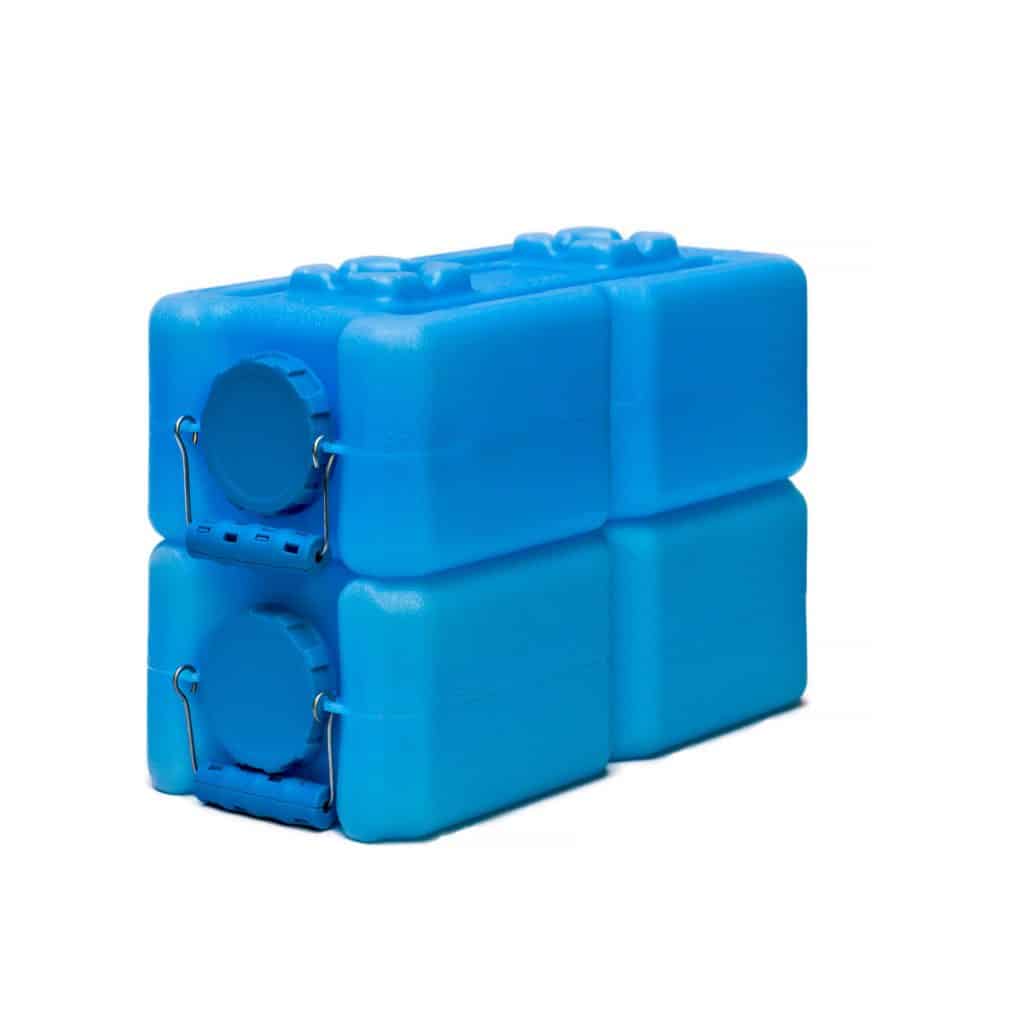The Essentials of Emergency Water Preparedness: Stay Ready with Total Prepare
When it comes to emergency preparedness, water is one of the most critical resources you’ll need. In any crisis—whether natural disasters, infrastructure failure, or unforeseen events—access to clean drinking water can be the difference between safety and survival. At Total Prepare, we understand that planning ahead for water is key to ensuring you and your loved ones are well-equipped to handle whatever comes your way.
Why Is Water So Critical in an Emergency?
Water is essential to our survival. The human body can go without food for long durations, but we can only survive for a few days without water. In emergency situations, water sources may become contaminated or unavailable, making it even more important to have a reliable plan for securing safe drinking water.
In addition to drinking, water is necessary for basic hygiene, cooking, and sanitation. The lack of clean water in an emergency can quickly lead to dehydration, disease, and other health complications, making it essential to be prepared.
Key Elements of Emergency Water Preparedness
Emergency water preparedness goes beyond simply storing water. It involves understanding how much water you need, how to ensure its safety, and how to access it when needed. Below are the core elements of water preparedness that you should consider:
1. Know How Much Water You Need
When planning for an emergency, it’s important to have a clear understanding of how much water you will need. A general guideline is to store at least four liters of water per person per day for drinking and basic sanitation. This means for a family of four, you should plan for a minimum of 16 liters per day.
For long-term preparedness, you might want to have more water on hand, particularly if you're in an area prone to extended disruptions or emergencies.
2. Ensure Clean and Safe Drinking Water
While water may be available in an emergency, it might not always be clean or safe to drink. That’s why it’s essential to have a strategy in place to purify or filter water, especially if you’re relying on natural sources like lakes, rivers, or streams.
Investing in water purification tablets, portable filters, or even large-scale filtration systems can be invaluable during an emergency. Having access to clean water can drastically reduce the risk of waterborne illnesses.
3. Water Storage Solutions
Storing water is an essential part of any emergency preparedness plan. Depending on your needs, you can store water for a short-term emergency or plan for long-term storage solutions. Safe water storage helps ensure you have a reliable water supply when the tap runs dry.
At Total Prepare, we offer a variety of options to meet your water storage needs. From emergency 5 and 10-year packaged water to 50-year Blue Can Water, we provide products that allow you to store clean, safe water for years. If your needs are more extensive, we also offer 13 liter Water Bricks, a flexible, scalable solution for larger water storage. For large scale emergency prep, we also offer a 900 liter Water Storage Tank.
4. Consider Water Distribution and Accessibility
In an emergency, water needs to be accessible to everyone in your household, including pets. Think about how you will distribute water, especially if you’re storing it in large containers. Using easy-to-carry bottles, portable water bags, or large jugs that can be divided into smaller portions can help make the water you store more accessible when you need it.
5. Regular Maintenance and Monitoring
Water storage requires ongoing attention to ensure it remains safe to drink. It’s essential to regularly check your stored water and rotate your supplies. This is especially important for packaged water with a limited shelf life. Some water containers have expiration dates, while others—like Blue Can Water, which lasts for up to 50 years—are designed for long-term storage.
Depending on the climate of your area, certain products may be more suitable than others. For example, canned emergency water may risk damage if temperatures fall below freezing, whereas water pouches are generally less susceptible to temperature fluctuations.
Make sure to monitor the condition of your water storage containers, checking for leaks or damage that could compromise your supply.
Total Prepare’s Water Solutions for Every Need
To help you meet your water preparedness goals, Total Prepare offers a range of products designed to fit different emergency needs and storage capacities:

5 and 10-Year Packaged Water
Perfect for medium-term preparedness, 5 and 10-Year Packaged Water are ideal for ensuring you have a reliable water source in case of emergencies. These convenient, airtight packages offer peace of mind and ensure you have clean water for several years.

50-Year Canned Water
For those who want long-term, worry-free water storage, 50-Year Blue Can Water is an excellent solution. With a shelf life of up to 50 years, this high-quality water is packaged in durable cans that are ideal for long-term emergency preparedness. Whether you're storing for a large family or a community, 50 year water guarantees you’ll always have access to fresh drinking water.

Water Bricks for Larger Needs
For those with larger storage needs, Water Bricks are an excellent option. These interlocking, stackable containers are designed to maximize storage space and make it easy to store large quantities of water. Each brick holds 13 liters of water, and the flexible design allows you to create a customized water storage system for your unique needs.
Ready for Anything: Start Preparing Today
Water is one of the most essential resources you can stockpile in preparation for emergencies. By understanding how much water you need, ensuring its safety, and storing it properly, you can be confident that you’ll have access to clean drinking water when it matters most.
Total Prepare is here to help with all your emergency water needs. From reliable, long-term water storage solutions to emergency water purification systems, we’ve got you covered. Don’t wait for a crisis to strike—start preparing today to safeguard your water supply.
